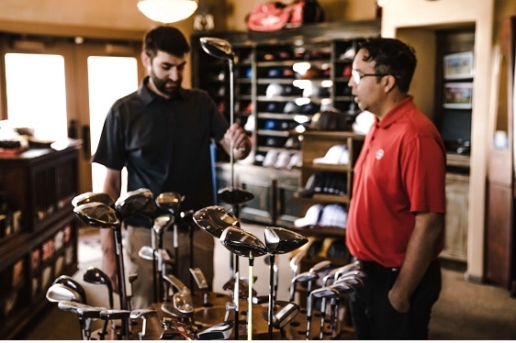A 5th edition with an international scope
To guide decision-makers, every year since 2018, Wavestone has published its insights into the changes and developments in consumer trends in France.
In this fifth edition, Wavestone is expanding the scope of its analysis by including four new countries: the United States, China, the UK, and Germany.
In each country analyzed, the study is based on a quantitative survey conducted in November and December 2021 with a survey sample of more than 1,000 consumers to represent the population of each country. Those respondents answered about 50 questions covering five major themes:
- Information and purchasing channels
- Consumption criteria
- New consumption models
- The purchasing experience
- Services offered by the brand
Lastly, we add analyses of the respondents’ answers from our experts in marketing, distribution, customer relationships, and the digital sphere.
Key trends in 2022
Nearly 75% of French consumers do not necessarily attach any importance to the societal impact of the brands they consume. As a result, responsible consumption remains mostly occasional. The Chinese seem to perform better in this regard, with a figure closer to 60%.
Responsible consumption seems to be triggered more by personal interest than by civic responsibility
French consumers are more engaged and their intentions line up more closely with responsible behavior when it comes to products whose composition may present a health risk (food, hygiene, cleaning products). The same trend can be seen among German and British consumers.
Nearly 80% of French people bought and/or sold a used product in 2021, which is up more than 15% compared to 2020. China comes in last place with 62%.
More and more consumers are choosing to rent rather than own. Close to 22% of European consumers would consider renting products rather than purchasing them.
Finding that an item is out of stock is a source of dissatisfaction for 25% of French consumers, and nearly one in five considers the promotions offered in stores and online to be irrelevant to their needs.
One out of two French consumers still appreciates when the salesperson in the store provides information about the products and services. In the United States, that figure barely rises above 10%.
In stores, consumers in all five of the countries surveyed want as much self-reliance as possible when paying for their purchases (self-service checkouts, automatic checkouts, mobile scanners, etc.) and a broad choice of payment methods. Online, consumers want a clear and fast shopping experience.
One out of two French consumers now wants their order to be delivered within less than 24 hours when they make an online purchase.
Nearly 1 in 3 consumers in all the surveyed countries (except China) have already subscribed to a premium loyalty program.
78% of online loyalty program subscribers rank free shipping as the top service they seek.
When it comes to sports, DIY/gardening, and hygiene/beauty products, French consumers prefer to buy from Decathlon, Leroy Merlin, and Yves Rocher respectively. The other Western countries in the study are less resistant to the American marketplace.
Purchases: preference for brands the are involved in social issues
Check out our interactive visual Chart on the preferences of brands that get involved in social issues
We thank Thibaud Verdickt, Souad Elmoujahid, Louis Lejeune, Paul Carretero and Adnane Moustahfid for their contribution.












